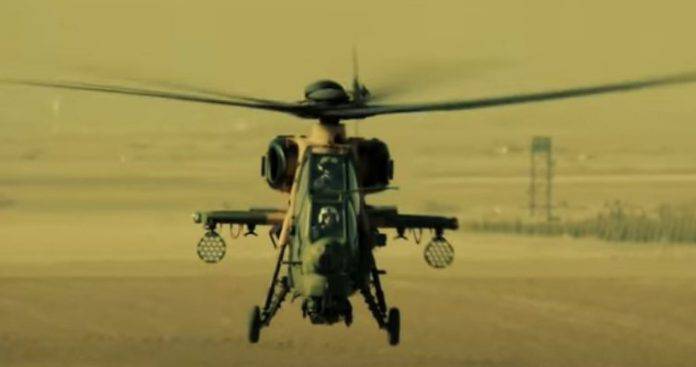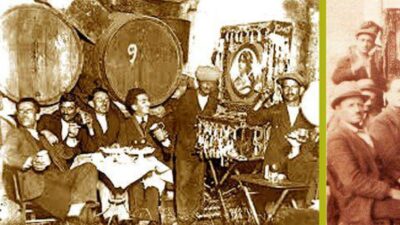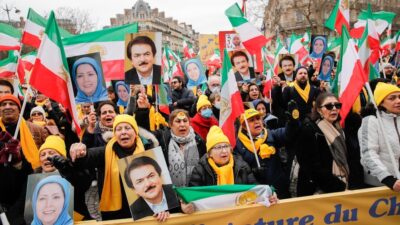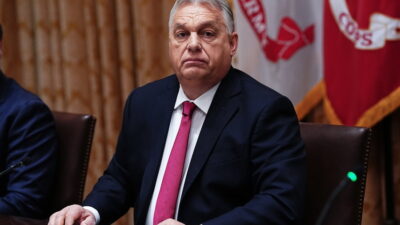Kostas Melas: The Turkish defense industry has an Achilles heel
29/10/2020
“And one must always remember that everyone is as serious as he is, as serious as he considers his enemy and as serious as is willing to deal with him. Moralizing is an easy way to make the enemy contemptible. That is why this proves nothing other than the political lightness of the one who uses it.” ( Panagiotis Kondylis)
Turkey diligently pursued the transformation of its economic growth into material agents of hard power. Two facts show this: First, the development of Turkish defense technology and industry over the last 20 years, which ultimately seems to have borne fruit.
Of course, not as the Turkish establishment presents them, but at a satisfactory level, in order to strengthen the power of its armed forces, but at the same time to cause multiplier effects in its economy. The continuous increase in defense spending, especially in the period after the coup attempt in 2016, filled the order books of Turkish companies, activating the Turkish economy.
The second is the steady increase in defense spending, especially in the period following the coup attempt in 2016, as evidenced by existing data: from 13 in 2010 to $ 22 billion.
We should not assume that Turkey has gained autonomy in the production of weapons systems, as much of the technology used is imported (value added should not exceed 40%). Τhe required raw materials, semi-finished and technological products νecessary for the creation of the final products are also imported.
The problem, of course, is not the percentage of added value created by the Turkish economy, but its inability to produce those critical parts of the final product, which incorporate high technology and are all imported. Therefore, it is not the increase of the percentage of added value that is important, but mainly the qualitative characteristics of the added value.
Defense industry
Here are some examples (Burak Bekdil, Turkey’s Much-Hyped Defense Industry Far from Self-Sufficient): the T129 attack helicopter is produced in Turkey by Turkish Aerospace Industries, with permission from the Italian firm Agusta Westland. This company is a subsidiary of the also Italian company Leonardo S.p.A. and of which the largest shareholder, with a percentage of about 30% is the Italian government.
The helicopter has two LHTEC T800-4A turbo engines. Each engine has 1104 horsepower. It is a variant of the CTS 800 engine. The manufacturer of the engine, the company LHTEC, is a joint venture company of the American Honeywell and the British Rolls Royce. Therefore, what the Turkish leadership considers a “domestically” produced helicopter, is impossible to produce, without the LHTEC engine!
The same thing with the “domestically” produced new generation Altay tank. It can not be produced without the imported engine and drive systems. The engines are supplied by the German company MTU Aero Engines, and the transmission systems by the also German company RENK AG.
Turkish drones
The Bayraktat TB-2 drone is considered by the Turkish defense industry as its most important achievement in recent years. This is based on Canadian technology and requires the import from the Canadian company L3HarrisWESCAM of parts necessary for its construction. Specifically, the electronic equipment (infrared electronic displays and targeting sensors) that form the heart of the drone. Without this technology, it is impossible for Turkey to use these drones.
The Canadian company is a subsidiary of the American defense equipment giant L3Harris, and is a pioneer in the production of this technology. On October 5, Canadian Foreign Minister Francois-Philippe Champagne announced a halt to sales of the material to Turkey because it was used by Azerbaijani forces in the war against Armenia in the Nagorno-Karabakh region.
Also, the engine carried by these drones is the BRP-Rotax engine with a power of about 100 HP. It is produced in Austria by a subsidiary of the Canadian Bombardier Recreational Products. It should also be noted that other parts of the Bayraktat TB-2 drones assembled in Turkey come from European and American companies.
The Bayraktar in Nagorno-Karabakh
As we have mentioned, these drones are used in the war in Nagorno-Karabakh, but their effectiveness has been questioned. The Armenians use the Russian anti-drone system Belladonna (in Russian Krasukha), which successfully destroys the Bayraktar TB-2 drones.
The same is true in the case of the so-called more powerful drone Bayraktar Akıncı, in which the Ukrainian turboprop AI-450C engines were installed. Thanks to them, the aircraft’s carrying capacity is almost double that of the Bayraktar TB-2. But without the imported Ukrainian engines in practice, these drones can not fly.
Nevertheless, the development of the Turkish defense industry gives significant degrees of freedom, in the sense that it can proceed to the production of the quantities it desires, without the need for the approval of the respective supplier-producer, provided of course that it will be able to procure the necessary technological equipment (engines, electronics, etc.).
Greek defense industry
A simple comparison with what is happening in Greece makes the difference obvious. There is no planning for the national defense industry here. Technology and weapons systems are imported from abroad. The very low to insignificant added value of the Greek defense industry does not create multiplier effects on GDP growth. On the contrary, due to imports, it burdens it.
In simple words, while in Turkey there is a contribution to GDP growth, in Greece, economically, it works as a cost. At this point the following needs to be fully understood: There is the simplistic theoretical scheme, according to which the economy, progressing autonomously, produces means of exerting violence and these then serve the purposes of power. But this, in order to be valid, presupposes the possibility of autonomy of the economy from social and political factors. It is impossible, however, to claim such a thing seriously.
Power and economy
The factors of power are in a constant relationship of interdependence with economic factors. Power factors undoubtedly depend on economic power. But the key question, in this case, is the following: “The factors of power, especially those contained in the mechanisms of violence and oppression, are produced and perfected merely because this is made possible by the available technical and economic potential, or because the ample and more perfect production of these seems necessary because power sets goals that only through these mechanisms of violence can be realized.
“If this production is done for the purpose of power, of course with the help of the technical and economic potential, this already points us to a completely different view of events. The politics of power, through this perspective, is now at the decisive level of the relationship of interdependence with the technical-economic factors and guides them in the service of its interests “(P. Kondylis “Theory of War”, Themelio 1997, p. 204).
Therefore, the real intertwining of the power factor with technical and economic development, completely overturns the well-known scenario that liberal economic thought has set. It invites us to review the criteria according to which economic power and efficiency are judged. It considers the economy no longer as an autonomous system, but integrated in the social context whose determinants are primarily determined by the factors of power.
It is now clear that the Erdogan government has reverently pursued this goal, subordinating the economy to serving their political goals. The interpretation of the current economic policy in Turkey should also be sought there. Similar historical examples could, with all their differences, be found in the militaristic Japan and Nazi Germany of the 1930s. But we shall deal with these issues, however, in another article.





